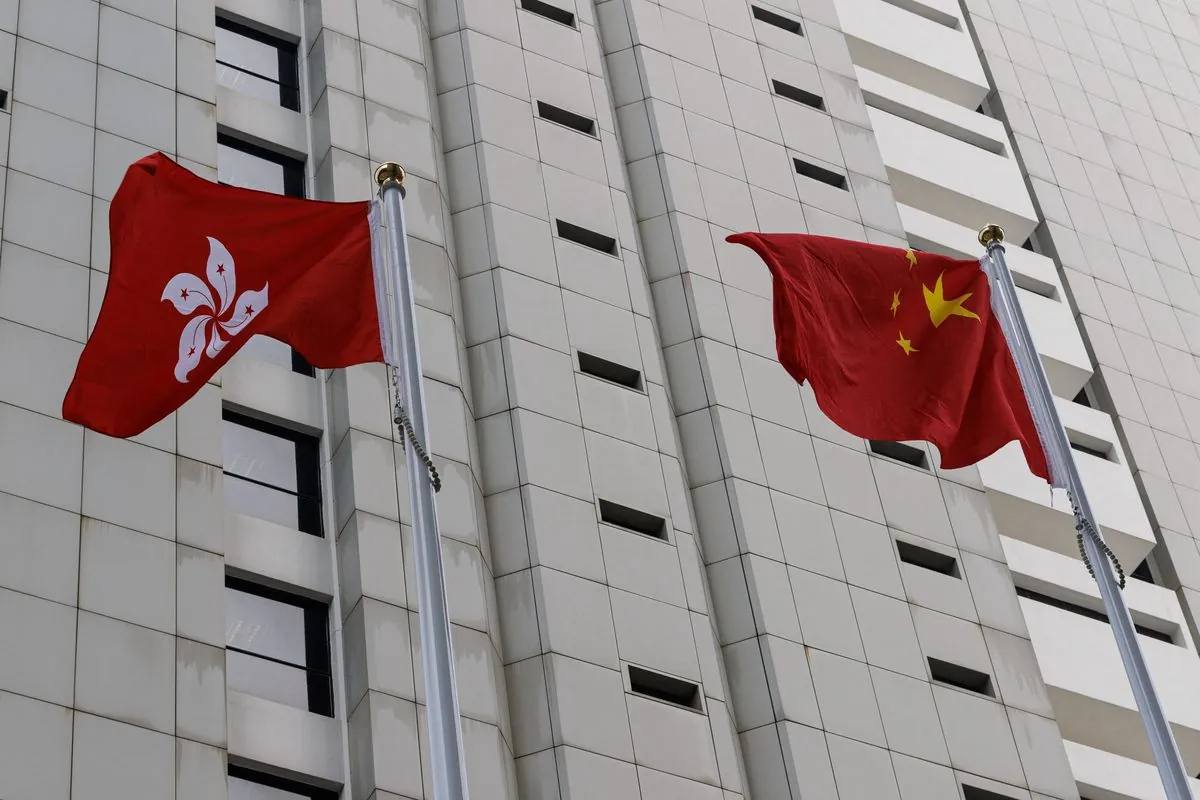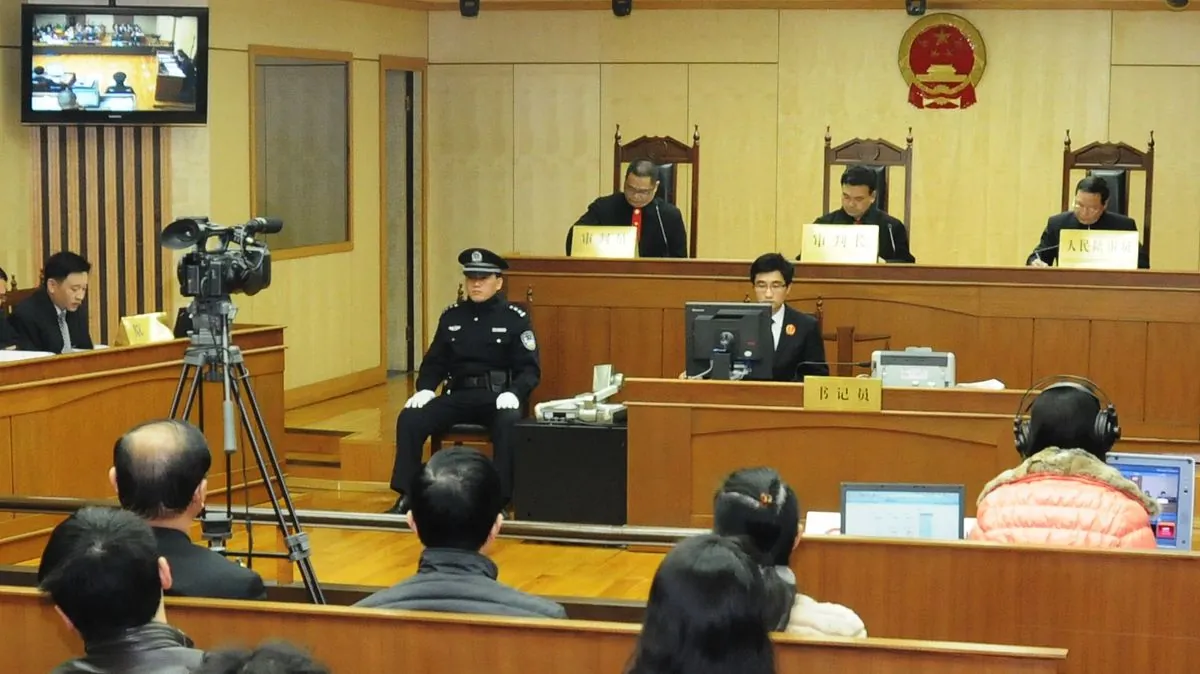Japanese Pharma Employee Indicted in China on Espionage Charges
Chinese authorities have indicted a Japanese pharmaceutical employee on espionage charges after 17 months of detention. The case highlights ongoing tensions and risks for foreign businesses operating in China.

In a development that underscores the complex relationship between China and Japan, Chinese prosecutors have formally indicted a Japanese citizen on espionage charges. The announcement, made by China's foreign ministry on August 22, 2024, reveals that the individual in question is an employee of Astellas Pharma Inc, a prominent Japanese pharmaceutical company.
The case has been unfolding since March 2023, when the employee was initially detained by Chinese authorities. After 17 months in custody, the formal indictment marks a significant escalation in the legal proceedings. While the identity of the accused remains undisclosed, the situation has drawn attention to the risks faced by foreign nationals and businesses operating in China.
Mao Ning, a spokesperson for the Chinese foreign ministry, addressed the matter during a regular press conference. She stated that China "lawfully investigates and deals with illegal and criminal activities," emphasizing the country's commitment to its legal processes. This statement aligns with China's broader stance on national security matters, which has become increasingly stringent in recent years.

The indictment raises several important considerations:
- Legal implications: China's legal system differs significantly from Western judicial systems, and espionage charges can carry severe penalties, including life imprisonment.
- Diplomatic tensions: The case may further strain the already complex Sino-Japanese relations, which have a long and often tumultuous history.
- Business risks: Foreign companies operating in China face unique challenges, including navigating a complex regulatory environment and potential exposure to sensitive information.
It's worth noting that China updated its anti-espionage law in 2023, expanding its scope and potentially increasing risks for foreign entities. The concept of "state secrets" in China is notably broader than in many other countries, which can create ambiguity for international businesses.
The pharmaceutical industry, being highly competitive and research-intensive, is particularly vulnerable to concerns about industrial espionage. Valuable intellectual property and cutting-edge research make companies in this sector potential targets for both corporate and state-sponsored espionage activities.
As the case progresses, it is likely to attract international attention and potentially involve diplomatic interventions. Japan's government may seek to provide consular support and ensure fair treatment for its citizen within the Chinese legal system.
This incident serves as a reminder of the ongoing challenges in international relations and the importance of careful navigation for businesses operating in foreign markets. It also highlights the need for clear communication and understanding between nations to prevent misunderstandings that could lead to such serious allegations.
"China lawfully investigates and deals with illegal and criminal activities."
As the situation unfolds, both the international business community and diplomatic circles will be closely watching for any developments that could impact future relations between China and Japan, as well as the broader implications for foreign entities operating within Chinese borders.


































